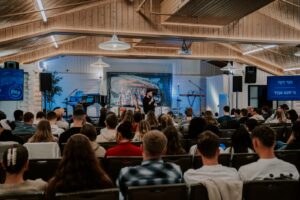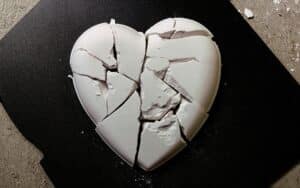“However, Josiah would not turn away from him, but disguised himself in order to make war with him; nor did he listen to the words of Neco from the mouth of God, but came to make war on the plain of Megiddo. The archers shot King Josiah, and the king said to his servants, ‘Take me away, for I am badly wounded.’ So his servants took him out of the chariot and carried him in the second chariot which he had, and brought him to Jerusalem where he died and was buried in the tombs of his fathers. All Judah and Jerusalem mourned for Josiah. Then Jeremiah chanted a lament for Josiah. And all the male and female singers speak about Josiah in their lamentations to this day. And they made them an ordinance in Israel; behold, they are also written in the Lamentations” (2 Chron 35:22-25).
From the perspective of the authors of Kings and Chronicles, Josiah is not only one of Israel’s greatest kings, he is a Messiah-like figure (compare 2 Kings 23:25 with Deut 34:10). He treasured God’s word more than fine gold (see 2 Chron 34:1-33) and led Israel in one of their greatest Passover celebrations (2 Chron 35:1-19). His untimely death, just after Passover, was totally unexpected, and bitter laments for this “pierced king” became a regular part of Israel’s national liturgy. Why is all of this so important? The circumstances of Josiah’s death provides the essential background for understanding Zechariah 12:10-11. In these verses, mourning for the “one whom Israel pierced” (see Zech 12:10) is compared with the mourning over Josiah: “In that day there will be great mourning in Jerusalem, like the mourning of Hadadrimmon in the plain of Megiddo” (Zech 12:11; see 2 Chron 35:24–2). How we long for this day, when Israel will also make mourning for their Pierced King (Yeshua), who died after celebrating Passover with his people (John 13-17), part of their national liturgy. ”
And he who has seen has testified, and his testimony is true; and he knows that he is telling the truth, so that you also may believe. For these things came to pass to fulfill the Scripture, ‘NOT A BONE OF HIM SHALL BE BROKEN.’ And again another Scripture says, ‘THEY SHALL LOOK ON HIM WHOM THEY PIERCED'” (John 19:35-37).










